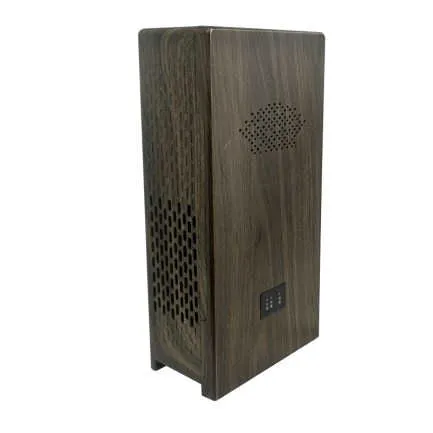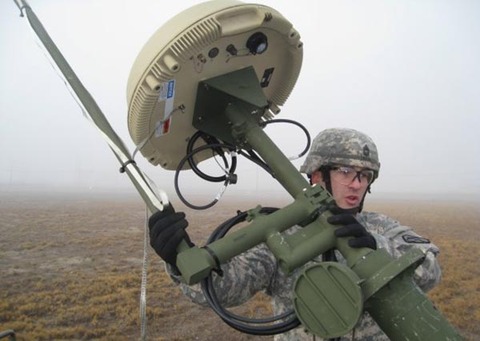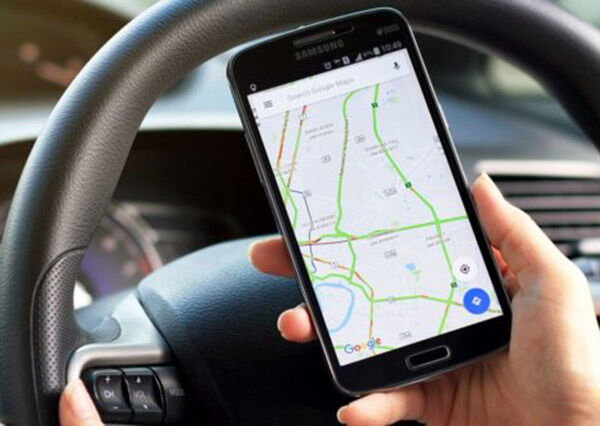Cell phones have become an essential part of modern life. Not necessary anymore, but necessary. Landline connections are old, there are more mobile phones than ever before, and that number continues to grow every day as new models and types continue to appear. It is estimated that there are 7.22 billion mobile phones and 7.19 billion people in the world. The large number of mobile phones and their widespread use means that there are many unwanted calls. There are various ways to deal with these unwanted calls. One of the most common methods is to put your phone on silent or vibrate. But this is where cell phone jammers come into play by far. They provide an effective barrier

Blocking one caller at a time is annoying and time-consuming. However, you can use a cell phone jammer to block all incoming calls at the same time. This may seem like a complicated process to many people, but it is actually very simple. Cell phone jammers emit signals at the same frequency as cell phone signals. The jammer then sends that signal out to the entire world. If successful, your phone will no longer receive a signal in a specific location.
There are several reasons why people choose portable jammers. For example, business owners can block employee cell phone signals so that they do not interfere with work or distract during important meetings. Jammers can also block a cell phone from sending outgoing messages. Humans can use jammers as a security measure to prevent sensitive information from leaking. It is also used to block traffic lights to prevent terrorist attacks. Another reason I like jammers is that instead of receiving a "phone is off" message, I get a "service is down" message. This means that callers cannot reach the owner of the phone.
To understand the process, you need to understand your cell phone signal. Your cell phone sends signals to cell towers near your location. Cell towers share the workload by focusing on certain areas. During your journey, your phone sends signals to every tower along the way. Jammers transmit radio frequencies to the same tower and override the phone signal. The signal from the phone and the signal from the jamming device collide, cutting off the communication between the cell tower and the phone.
Cell phone jammers are reliable and useful because some of the most advanced law enforcement agencies in the world use them. For more information, see Signal Jammers. They have been successfully used in many counter-terrorism operations to disrupt communications between explosives and cell phones. Law enforcement agencies also use them to block communications between criminals. Civilians also use them to block nuisance calls. Places such as government offices, conference venues, hospitals, libraries, schools and theaters also need to be silenced, which makes cell phone jammers an important tool.
The demand for jamming devices is increasing
Signal jammers are very popular in many countries, and in the United States, a world economic power, the demand for cell phone jammers and other jammers is increasing. Jammers buy signal blocking devices. is a professional manufacturer and distributor. for providing security and protection measures for key industries in the American market. Here is our sales diary for the month of August, recording the most popular signal jamming devices and other related items in the United States.
We are well aware that there are many effective and most important professional VCRS on the market. But as long as we are in such a vulnerable position, there is a digital card in the form of a digital recorder that we constantly investigate and recommend to the best surveillance agencies in Italy and abroad. The recorder card not only has the aesthetics of a given task, but also the ability to start a high-quality recording, thanks to many interesting features that we will list below.
I may be exaggerating a bit, but there are some problems in the business world that can have real consequences. In fact, it is not uncommon for entrepreneurs to be intercepted by unauthorized persons, such as people who spy on competitors or business partners, politicians in campaigns, production executives who steal trade secrets, military or government control. Therefore, please note that in hidden locations, the sound between bits and data remains on the ether and may even be intercepted by eavesdroppers!
This means that we not only know where we are, but we must also reach our destination. The satellite system always knows where we are. If you use Observer, please also note that Observer may use this information to harm us. Therefore, it may make it difficult to track those who want to join private companies (oh, marital infidelity...) or those who work for multiple companies on behalf of the Ministry of Commerce but do not want to know. These two addresses are for customers. The other end, or more simply, is a truck driver who wants to take a nap after a long drive. It can also be used in cars equipped with 4G cellular signal jammers. Equipped with the latest SMD components and integrated circuits, with advanced anti-interference functions that are easy to install and use, the mobile phone can work continuously for a long time. Please carefully choose the correct position of the shield and avoid rotation.




















